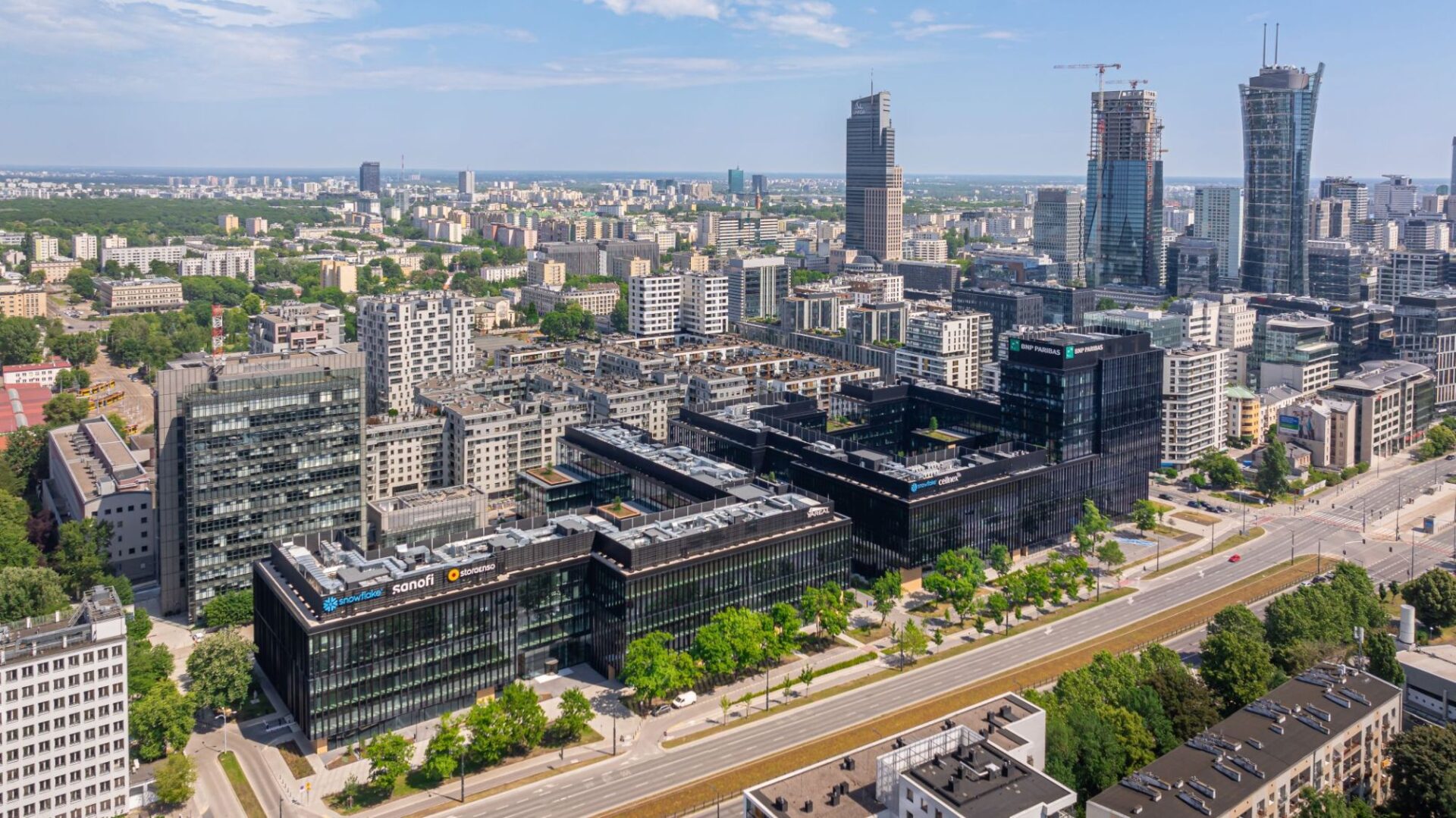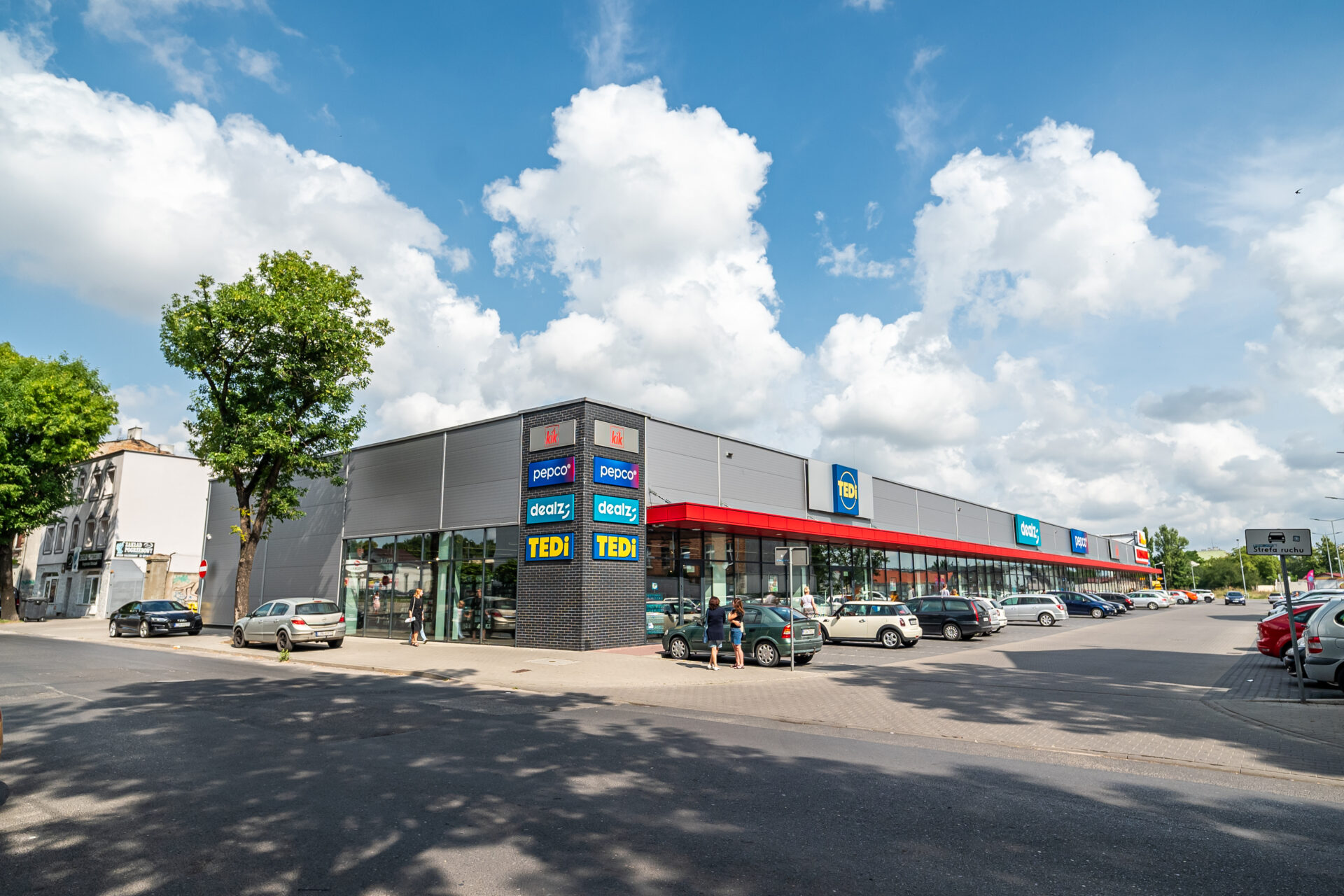Hardly any other industry has been under as much pressure in recent years as the private hotel industry in Vienna. Hotel market specialist Christie & Co examined the market developments in a recent study and surveyed private hotel owners and operators in the Austrian capital on their assessment of the challenges facing the private hotel market in Vienna and the prospects for the future. According to Christie & Co, tourism demand is on the rise and Vienna is still a stable location. As a result, new hotels are increasingly being built and international chains are pushing into the market.
The increase in value added tax, the cash register and receipt issuing obligation as well as the new booking channels and the rental of private rooms have also intensified competition. The number of hotel businesses in Vienna has grown steadily over the past 10 years by a total of 18 percent. The number of rooms increased even more during the same period, by as much as 45 percent. Strikingly, there are more private hotels than chain-affiliated hotels in Vienna; however the latter make up more than half of the total bedroom supply. According to the study by Christie & Co, private hotels have an average capacity of 45 rooms, while branded hotels have 164.
While a few years ago luxury hotels were increasingly pushing into the market, since then there has been a move towards budget hotels. Thus, in contrast to 2013, when a majority of the hoteliers surveyed were convinced that especially three- and four-star hotels would be under pressure, now they expect competition to intensify across all categories. That said, the demand has also been growing steadily for years. For the seventh year in a row, Vienna has recorded an increasing number of arrivals and overnight stays. At 3.8 percent in 2016, the growth rate compared to the previous year was somewhat lower than in 2015 and 2014 with six to seven percent, but it can still be described as stable growth.
However, Viennese private hotels also face several challenges. First and foremost, the VAT increase in May 2016, which resulted in considerable extra costs since the adjustment was made in the middle of the fiscal year. In addition, there are regular additional requirements and general “tax burdens”. The increase in beds has led to overcapacity in Vienna which, combined with already low prices in comparison to other European cities, is putting added pressure on hoteliers. In this context, online sales via booking platforms and the associated price transparency coupled with high commission fees also contribute to the discontentment of many hoteliers. However, some hoteliers see these sales channels as positive, although opinions regarding these channels vary greatly. New sales channels offer opportunities for individual marketing apart from the classic star categories. In 2016, there were already over 70 hotels without a categorisation.
Together with STR, one of the world’s leading providers of performance data for the hotel industry, Christie & Co examined the KPIs of the Vienna hotels in the first quarter of 2017. It shows that the hotels in Vienna not associated with an international brand do significantly better than internationally managed hotels. With an average of about 60 percent, the occupancy rates are relatively similar, with the private hotels outperforming corporate hotels by 1.7 percent. On the other hand, the difference in the average daily rate is astonishing: While branded hotels charge an ADR of €88, private hotels charge an average of around €10 more with an ADR of €97. This also results in a difference in a Revenue per Available Room (RevPAR) of €7 more for non-branded hotels.
In addition to good performance, it is clear that the quality of private hotels is also steadily increasing. The survey among the private hoteliers in Vienna determined that the subjective assessment of their competitiveness has significantly increased in comparison to 2013. Nevertheless, the hoteliers surveyed are still interested in making investments to continue this trend. 70 percent of the owners stated that they wanted to invest in hardware in the near future or have already planned these investments. Only 30 percent do not see any need for further investments aside from ongoing maintenance, though some of these hotels have been recently renovated or are new to the market.
Simon Kronberger, Senior Consultant Investment & Letting at Christie & Co in Vienna and author of the report, comments: “Unlike in 2013, there are now increasing numbers of private hotels that do away with the star categorisation and differentiate themselves with a unique market appearance. This development is supported by the increase in online booking channels which offer a broader market presence supported by the fact tourists are increasingly looking for individual, authentic hotels instead of standardised chain hotels.
“The four-star segment is expected to see the stiffest competition, not only because most of the hotels fall in this category, but also because they will feel the additional pressure from the five-star segment as well as the price pressure of the budget segment. Yet, an analysis of the opinions of the hoteliers surveyed concluded that the private hoteliers in Vienna are able to meet the growing challenges and are trying to defend their permanent place within the Vienna hotel market through increasing quality and individualization.”







